What is Probate?
'Probate' refers to the legal right to manage someone's property, possessions and money after they die. These assets are referred to as an 'estate'.

Take a look at more related topics
If you are a named executor is someone's will, you will be responsible for applying for a Grant of Probate when they pass away. This is a document that confirms you are legally entitled to manage the deceased person's assets.
If there is no will in place, you can still apply for probate. However, instead of a Grant of Probate, you would apply for a grant of Letters of Administration, which similarly gives you the right to manage the deceased's estate.
If a deceased person owned assets in their name alone, you will need to apply for probate in order to take control of the estate, pay any tax owed, and distribute funds to any beneficiaries.
If the assets are jointly owned, the surviving owner is unlikely to require probate but will need to provide a copy of the death certificate to relevant authorities, such as the Land Registry, in order to transfer a property title deed.
Before you apply for probate
Before you apply for a Grant of Probate or Letters of Administration, you will need to consider if there is an Inheritance Tax (IHT) liability. The tax form you need to complete depends on whether you expect Inheritance Tax to be due on the estate. IHT is paid if a person’s estate (their property, money and belongings) is worth more than £325,000 when they die. You may wish to seek professional advice to help you understand your tax liability and how you can pay the correct amount.
If you don’t wish to apply for probate, you will need to complete a Deed of Renunciation, which frees you from the responsibility. It’s effective from the date when it is signed, and must be registered at the relevant Probate Registry. If there are other executors named in the will, they will continue to act in the role without the renouncing executor; there may be substitute executors appointed who can then act.
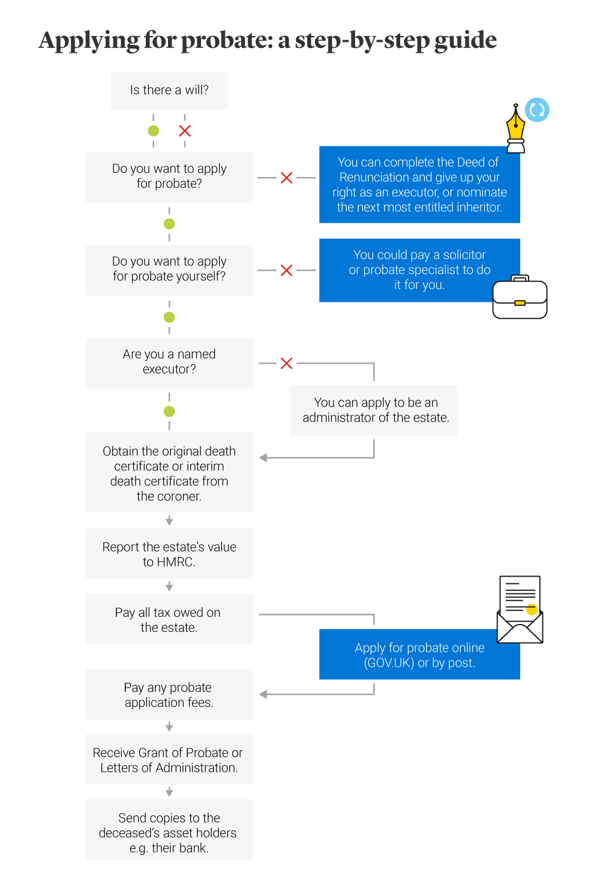
If you are named in a deceased person’s will, you are known as an executor of the will . Alternatively, you can apply to become an ‘administrator’ of an estate in certain circumstances, such as:
- There is no will in place
- The will is invalid
- There are no named executors
- The named executors are unable or unwilling to act.
Whether you obtain a Grant of Probate as an executor, or a grant of Letters of Administration as an administrator, you will be able to carry out legal and financial duties on behalf of the estate, such as paying bills, tax, and even making court appearances if necessary. However, when there is no will in place, the rules of intestacy will apply and the estate’s assets will be distributed according to a legal default.
You'll need to apply for a Grant of Probate if you're a named executor in the deceased person's will. However, there are exceptions where you may not need to apply; for example, any surviving owners will automatically inherit land, money, shares or property if they were jointly owned, and you also won't need to apply if the deceased person only had premium bonds or savings.
How to apply for probate online
After you’ve valued an estate and reported it to HMRC, you can apply for probate online or by post through GOV.UK. You will first need to start paying any Inheritance Tax due, and also wait for 20 working days after you’ve submitted the tax forms to HMRC.
You can then track the progress of your application by logging into the online probate service.
Support is available through GOV.UK if you require assistance with applying for probate online. Call the Digital Support Helpline on 03300 160051 (Monday to Friday, 9am to 5pm, except bank holidays).
The internet has transformed the way we manage our financial and legal affairs. For more inspiration, read our guide on how to make a will online .
Yes, if you wish to settle the deceased's legal and financial matters privately, it's possible to manage an estate without probate. In fact, the executor or administrator of the estate are not required by law to apply for probate. However, if you do not apply for probate, you will not be able to legally transfer the title of any assets that exist in the deceased’s name.
While every probate specialist will charge different fees, you can expect to pay thousands of pounds if you use a professional, whereas it may cost you a few hundred pounds to do it yourself. The exact costs will depend on the size and complexity of the estate; if the value is greater than £5,000, the cost of applying for probate is £273. There is no fee if the value is below that amount, and there is a £1.50 charge for each copy of the Grant of Probate itself. The probate process can be expensive, but getting the job done professionally could save you hassle in the long run.
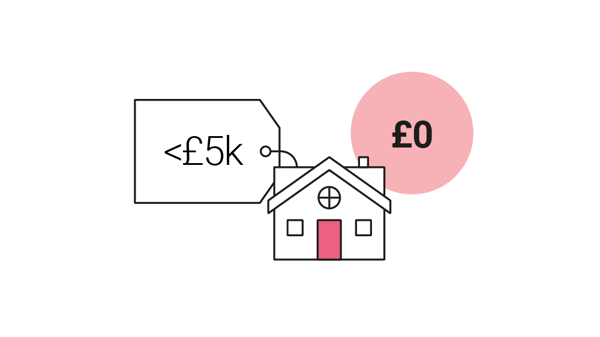
If the value of the estate is less than £5,000 then the cost of applying for probate is £0
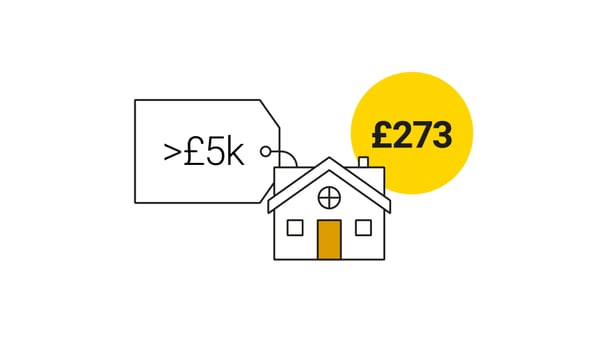
If the value of the estate is greater than £5,000 then the cost of applying for probate is £273.
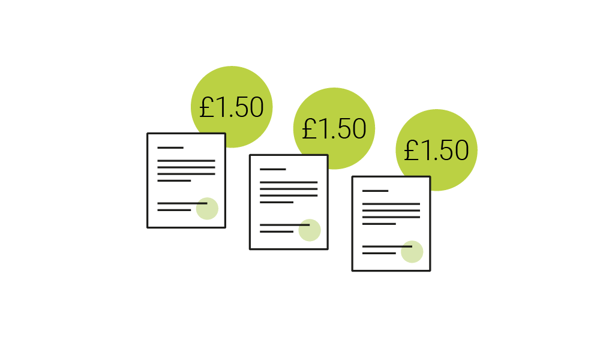
There is a £1.50 charge for each copy of the Grant of Probate
Depending on how much preparation you’ve done beforehand, the entire process can take between 3 months and a year before you are granted probate. According to the government, it can take between 6 and 9 months to value the deceased person’s estate, but this can take longer if the estate is complex. In terms of just applying for a Grant of Probate, this may take a matter of weeks, and up to 6 weeks for the probate application to be approved.
Once you’ve received confirmation that you can lawfully manage the deceased’s estate, there are a number of steps you may wish to take:
- Oversee the sale of any probate property, if you’re keen to sell.
- Make a life insurance claim (that are not in trust).
- Send any copies of the Grant of Probate or Letters of Administration to the deceased person’s asset holders, such as their bank, building society or insurance company.
- Close any bank accounts that remain open once you’ve recovered the funds.
- Pay any outstanding tax bills, excluding the IHT liability that would have already been paid, and debts.
- Distribute money and assets to the beneficiaries in accordance with the will.
Managing the financial affairs of a loved one can be a challenging process, but it’s important to get the probate process right so that you can enact their wishes faithfully. Read more about your responsibilities as an executor of a will.
Find out more about life insurance

More articles and guides

What are the duties of the executor of a will?

Letter of wishes

What happens if you die without a will?
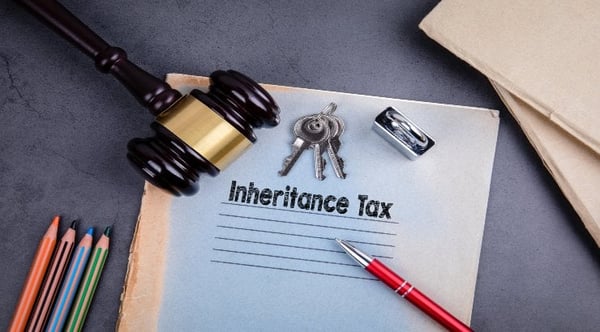
Estate planning
